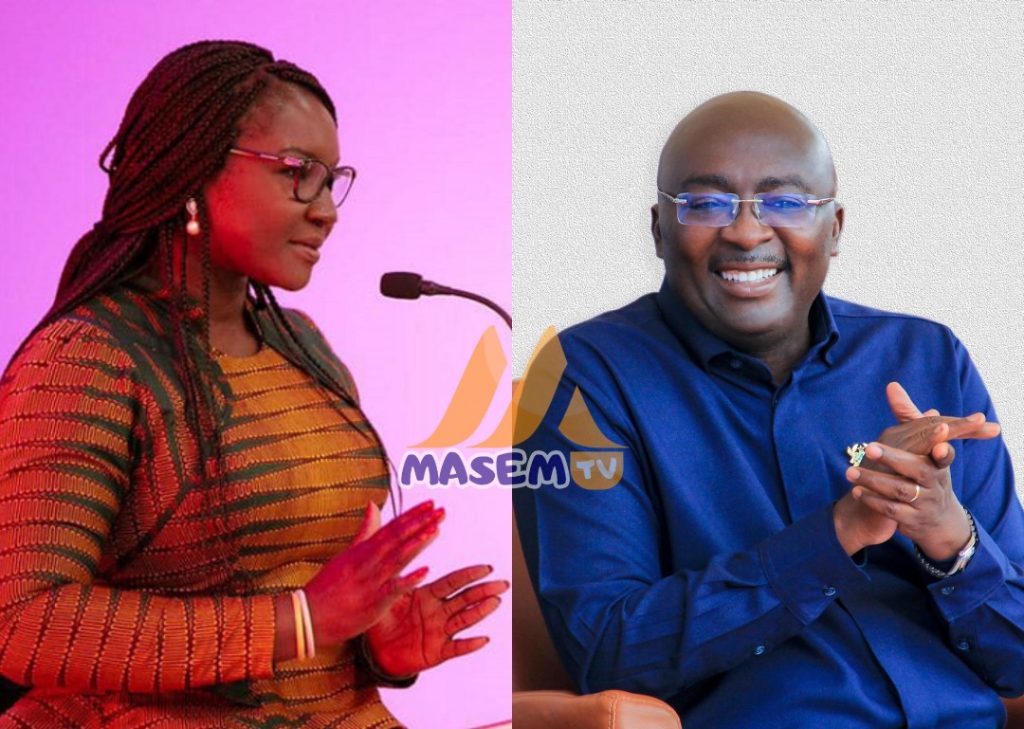In a recent Twitter post, PJoyce Bawah Mogtari has raised serious concerns about the trustworthiness of Vice President Dr. Mahamudu Bawumia, using strong language to criticize his competence, consistency, and coherence. The tweet has sparked intense debate and drawn attention to the ongoing political discourse surrounding key figures in the Ghanaian government.
In the tweet, Mogtari did not mince words, accusing Bawumia of incompetence, inconsistency, and incoherence. These three critical attributes are fundamental to public perception, especially when it comes to political figures holding significant positions in government. As a member of the opposition party, Mogtari’s remarks reflect the heightened political tensions and the intense scrutiny faced by leaders on both sides of the aisle.
The term “incompetent” suggests a lack of ability or effectiveness in fulfilling one’s responsibilities. Mogtari’s use of this term raises questions about Bawumia’s capacity to execute his duties as Vice President and his overall impact on the government’s performance.
The accusation of inconsistency points to a perceived lack of stability or reliability in Bawumia’s actions and statements. In the realm of politics, consistency is often considered a crucial element in building trust and credibility. Mogtari’s tweet implies that Bawumia’s positions or policies may have shifted over time, raising doubts about his reliability as a leader.
How can anyone trust this guy! Incompetent!
Inconsistent!
Incoherent! pic.twitter.com/aEHu62V8rb— Joyce Bawah Mogtari (@joyce_bawah) February 7, 2024
The term “incoherent” suggests a lack of clarity or logical consistency in Bawumia’s communication. Effective communication is vital for leaders, and any perceived incoherence may undermine public confidence in their ability to articulate and implement policies.
It is important to note that political discourse often involves heated exchanges and criticisms, and tweets like Mogtari’s contribute to the ongoing debate surrounding the government’s performance. In response to such criticisms, supporters of Bawumia and the ruling party are likely to emphasize the administration’s achievements and defend the Vice President’s record.
As the political landscape in Ghana continues to evolve, the public can expect more exchanges and criticisms between opposing parties. The challenge for citizens is to sift through the rhetoric and assess the substance of the arguments presented by both sides to make informed decisions about the nation’s leadership.

